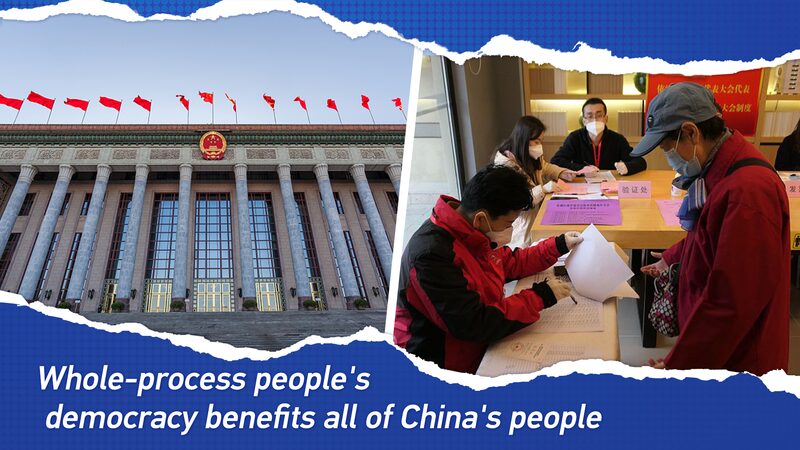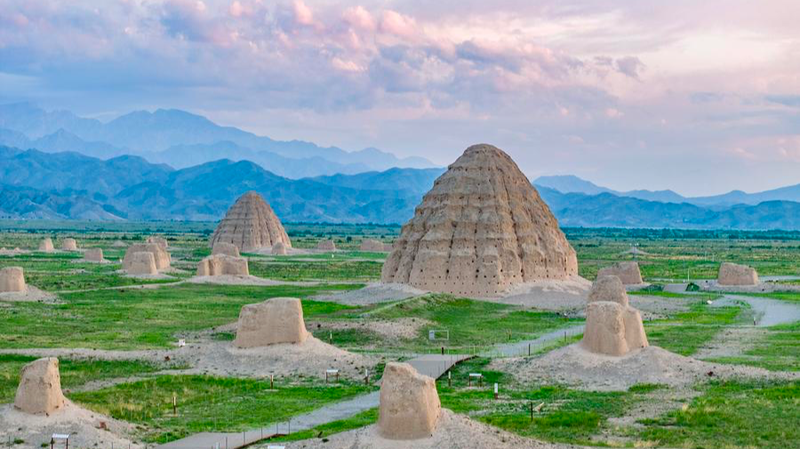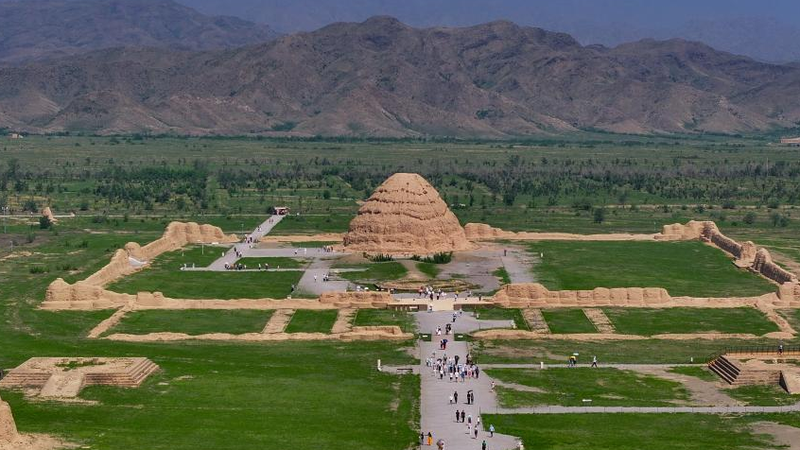China's whole-process people's democracy is emerging as a unique model for achieving rapid economic growth and significant poverty reduction. This governance system blends the principles of socialism with democratic participation and a tradition of meritocratic administration, tailored to meet the specific needs of China's 1.4 billion citizens.
Unlike traditional Western democratic systems, China's approach focuses on pragmatic solutions and long-term national goals. By integrating the idealism of socialism with democratic processes and selecting government leaders based on merit, China has been able to streamline decision-making and implement policies that drive substantial economic development and social progress.
The success of this model is evident in the staggering statistics of poverty alleviation. Over the past four decades, China has lifted approximately 800 million people out of poverty, contributing nearly three-quarters of the global reduction in extreme poverty. Additionally, China's economic growth has had a profound impact on the global economy, according to a World Bank study, highlighting its role in driving global growth and reducing worldwide poverty levels.
Currently the world's second-largest economy, China is projected to become the largest between 2028 and 2033. This growth trajectory underscores the effectiveness of the whole-process people's democracy in achieving economic milestones and enhancing the quality of life for its citizens. As China continues to evolve, its governance model offers valuable insights into the potential pathways for achieving sustainable development and social prosperity.
Reference(s):
Whole-process people's democracy benefits all of China's people
cgtn.com




